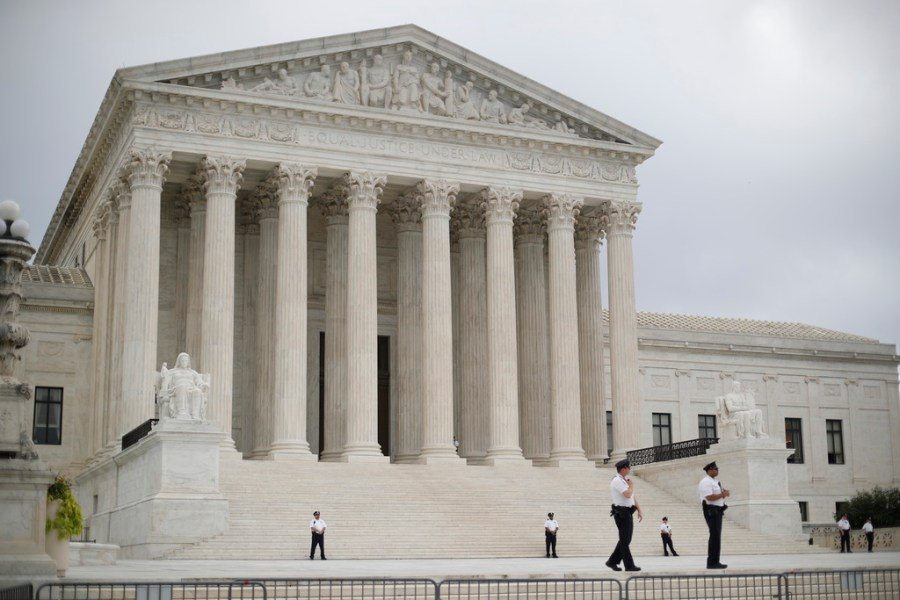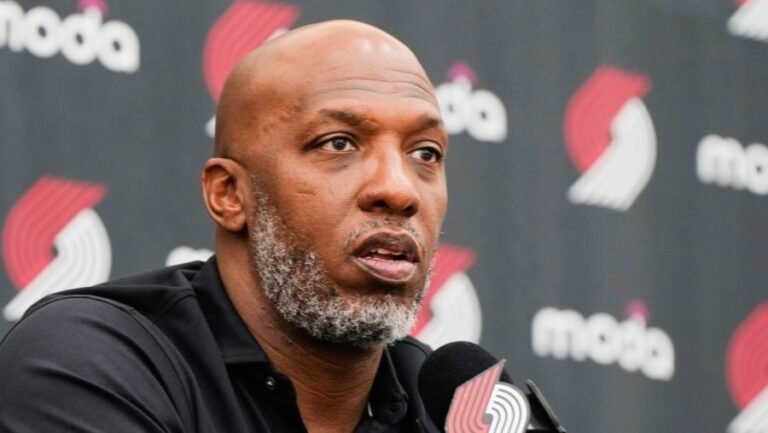
A transgender college student challenging Idaho’s 2020 ban on trans athletes notified the Supreme Court this week that she would drop her case, citing personal and academic challenges and intensifying “negative public scrutiny” tied to her involvement in it.
Attorneys for Lindsay Hecox told the high court on Tuesday that the Boise State University senior was withdrawing her case and requested that the justices also vacate a ruling by the 9th U.S. Circuit Court of Appeals in her favor.
The justices, who agreed in July to hear appeals from Republican leaders in Idaho and West Virginia defending their state bans on transgender athletes, have not yet said whether they will grant Hecox’s request. The Supreme Court would still have an opportunity to decide this term whether states may bar transgender students from competing on teams that match their gender identity because it is also reviewing the West Virginia case.
A decision is expected by next summer and would answer the question of whether Title IX, the federal law against sex discrimination in schools, prohibits transgender students from competing on teams that match their gender identity, as Republican states and the Trump administration have argued. The Supreme Court’s decision stands to impact laws restricting transgender athletes’ participation in 27 states.
Hecox first sued Idaho over its trans athlete ban as a freshman at Boise State in 2021. Since then, Hecox “has faced significant challenges,” including her father’s death in 2022, that have affected her both personally and academically, her attorneys at the American Civil Liberties Union (ACLU) wrote in the Sep. 2 motion to dismiss her case.
Hecox, now 24, is not expected to graduate before May, 2026, her legal team said, and her continued involvement in the lawsuit would likely further distract her from her schoolwork.
“From the beginning of this case, I have come under negative public scrutiny from certain quarters. I also have observed increased intolerance generally for people who are transgender and specifically for transgender women who participate in sports,” Hecox wrote in a declaration filed with the motion on Tuesday. “I am afraid that if I continue my lawsuit, I will personally be subjected to harassment that will negatively impact my mental health, my safety, and my ability to graduate as soon as possible.”
Hecox’s declaration asserts that she will not bring another lawsuit against Idaho’s ban or participate in any women’s sports covered by the law while she remains in the state. Idaho’s House Bill 500, the nation’s first state law restricting transgender women and girls’ participation in athletics, applies only to school sports.
A spokesperson for Idaho Gov. Brad Little (R) did not immediately return a request for comment.
In a statement on Thursday, John Bursch, senior counsel for Alliance Defending Freedom (ADF), the Christian legal advocacy organization defending Idaho’s ban, called for the Supreme Court to reject Hecox and the ACLU’s request.
“After the ACLU has litigated this case for over five years and repeatedly stressed that this case is a ‘live controversy,’ ‘an actual ongoing controversy,’ and ‘not moot,’ the ACLU is suddenly saying the case is moot and no longer a live controversy. What changed? The Supreme Court agreed to hear the case,” he said.
“Fortunately, the U.S. Supreme Court has declared that it views ‘with a critical eye’ such post-grant ‘maneuvers designed to insulate a decision from review by this Court,’ Bursch said. “We will urge the Supreme Court to rule in this case and ensure that Title IX stands as it was originally intended: to protect fair competition and equal opportunities for women and girls.”
The ADF, a frequent petitioner and litigator before the Supreme Court on issues related to transgender rights, is also defending West Virginia’s law limiting trans athletes’ participation in school sports.


